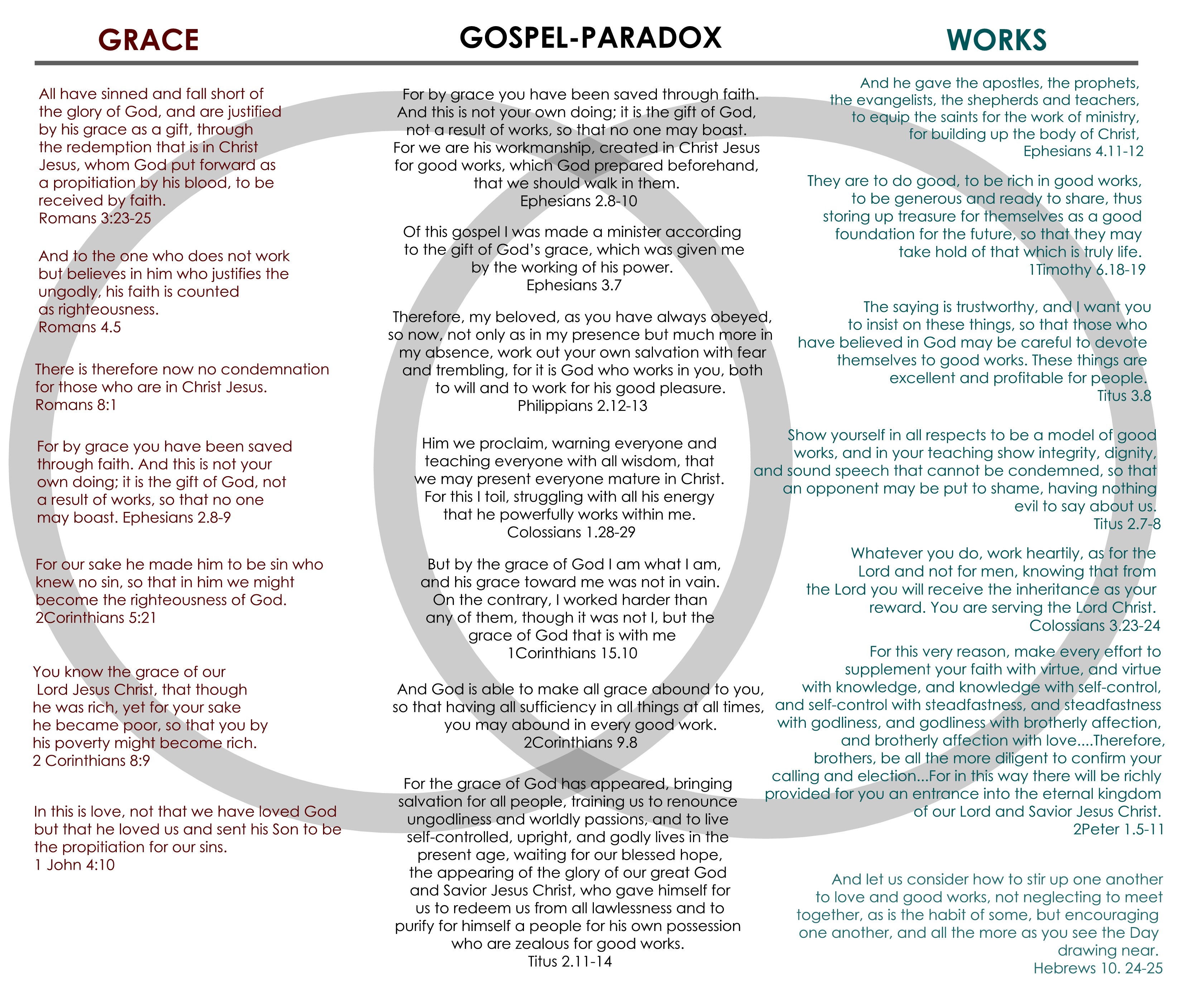This past Sunday I preached a sermon focused in the six days of creation. I began the sermon by reading Psalm 19.1-2: The heavens declare the glory of God, and the sky above proclaims his handwork. Day to day pours out speech and night to night reveals knowledge. The point of beginning with this Psalm was to remind us of the true purpose of creation—to make much of God. Essentially, instead of always asking HOW questions, I wanted us to focus on WHY questions.
The heavens declare the glory of God, and the sky above proclaims his handwork. Day to day pours out speech and night to night reveals knowledge. The point of beginning with this Psalm was to remind us of the true purpose of creation—to make much of God. Essentially, instead of always asking HOW questions, I wanted us to focus on WHY questions.
It is difficult to ask these kinds of questions with this particular text because there is such a great divide created by one’s understanding of “how” the six days of creation unfolded. In an effort to make sense of God’s Word, men often mistakenly accommodate science to the point of compromise or dismiss it as all together evil or at least mostly wrong. The first sermon, therefore, was devoted to addressing this tension that has historically governed the relationship between religion and science. My hope was to help navigate this tension and direct our eyes where they should be all together. Sadly, the vastly different responses I received to this sermon revealed that this was not fully accomplished.
Following the sermon, I posted an article on Facebook that I had briefly mentioned in the sermon. The article, written by a former Atheist now Christian, proposed a third option that attempts to reconcile the obvious disagreements between the Bible and mainstream science. Although I find the article fascinating, the article does not represent my position and is, at different points, in conflict with the position I believe is truest to the Biblical text. Even though I stated my position as a literal 24 hour six-day creationist (young earth), my failure to explain that position created an environment where this article created more confusion than it did curiosity.
That said, below is a simple summary of what I believe regarding science, God, and the origin of the universe. Please know that the following is not a comprehensive doctrinal statement. They are a few thoughts to help guide conversation and not invitations for debate.
- I believe that Scripture is the authoritative word of God, infallible and without error in its original writings. The Word of God is our final authority in faith and life, through which the Spirit of God awakens, empowers, and transforms.
- I believe that all the Scriptures are written about Jesus and were given to primarily to lead us to praise the glorious riches of God’s grace in Jesus.
- I believe that there is much that God has chosen to leave a mystery and there is much that God has revealed. It is our duty to focus on that which He has revealed and not become too distracted by that which He has not.
- I believe that we do not know, with certainty, the age of the earth (universe) and that godly men who love Jesus disagree on the age of earth. Most, but not all, positions on the age of the earth are open handed in that they are not essential to salvation.
- I believe that one’s position on the age of the earth, particularly old earth, does not necessarily compromise the authority of Scripture, neither does it necessarily evidence a non-literal approach to interpretation. And while there are many positions that are biblically offensive, there is more than one position that is biblically defensible.
- I believe that, as with all of creation, science is tainted with sin. In order to uphold the authority of Scripture, therefore, we must be careful not to accommodate science. That said, I believe that science is a gift of God, given by God to inform and enrich our understanding of His Word but not govern its interpretation.
- I believe that the Word of God declares the purpose of creation is to reveal the glory of the Creator who is there and the purpose of science is to reveal just how glorious that Creator is.
- I believe it is our duty and privilege to glorify God through science. In Christ, science is not hopeless, it can be helpful. We must be ready, therefore, to restore science with God’s truth, to work in science to confirm God’s truth, and even be prepared to be led to God’s truth through science.
- I believe that we must arrive at and hold our theological convictions with all humility for there is a dangerously fine line between knowledge that builds up and knowledge that puffs up.
- I believe that we must endeavor to be convinced in our own minds about our particular position through study, prayer, and counsel. As we do this, we must also strive to maintain unity in the essentials, and charity in the non-essentials.
Having discussed this with the elders, we believe it is important that we devote some time this next Sunday to preach the details of the position I hold. It is our hope that this will bring greater clarity to last week, greater unity with our Kid’s Road program, and ultimately greater confidence in God’s Word. See you Sunday, and bring your Bible.




